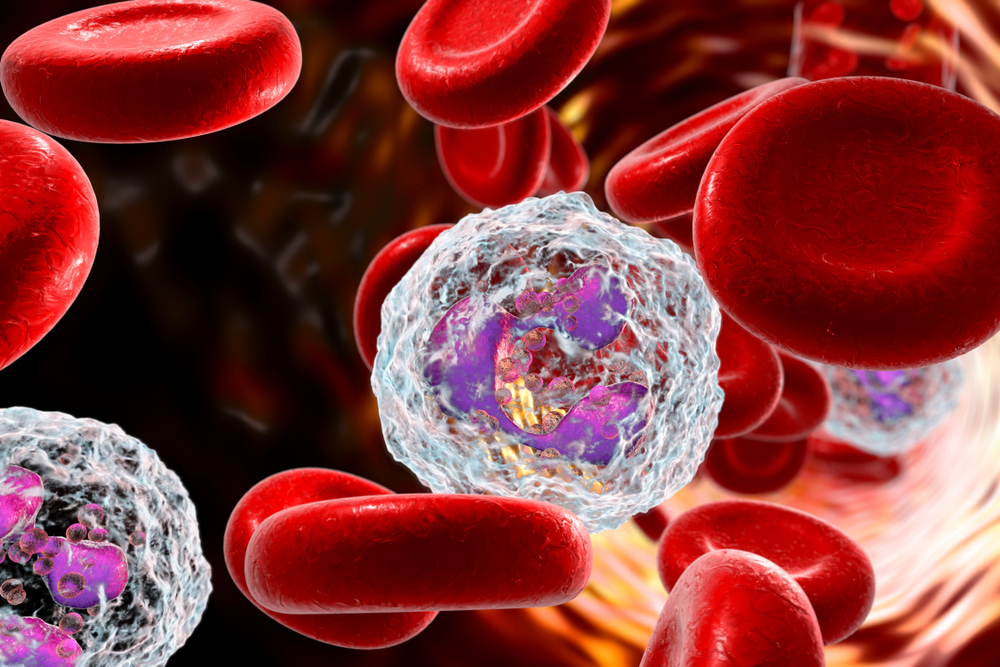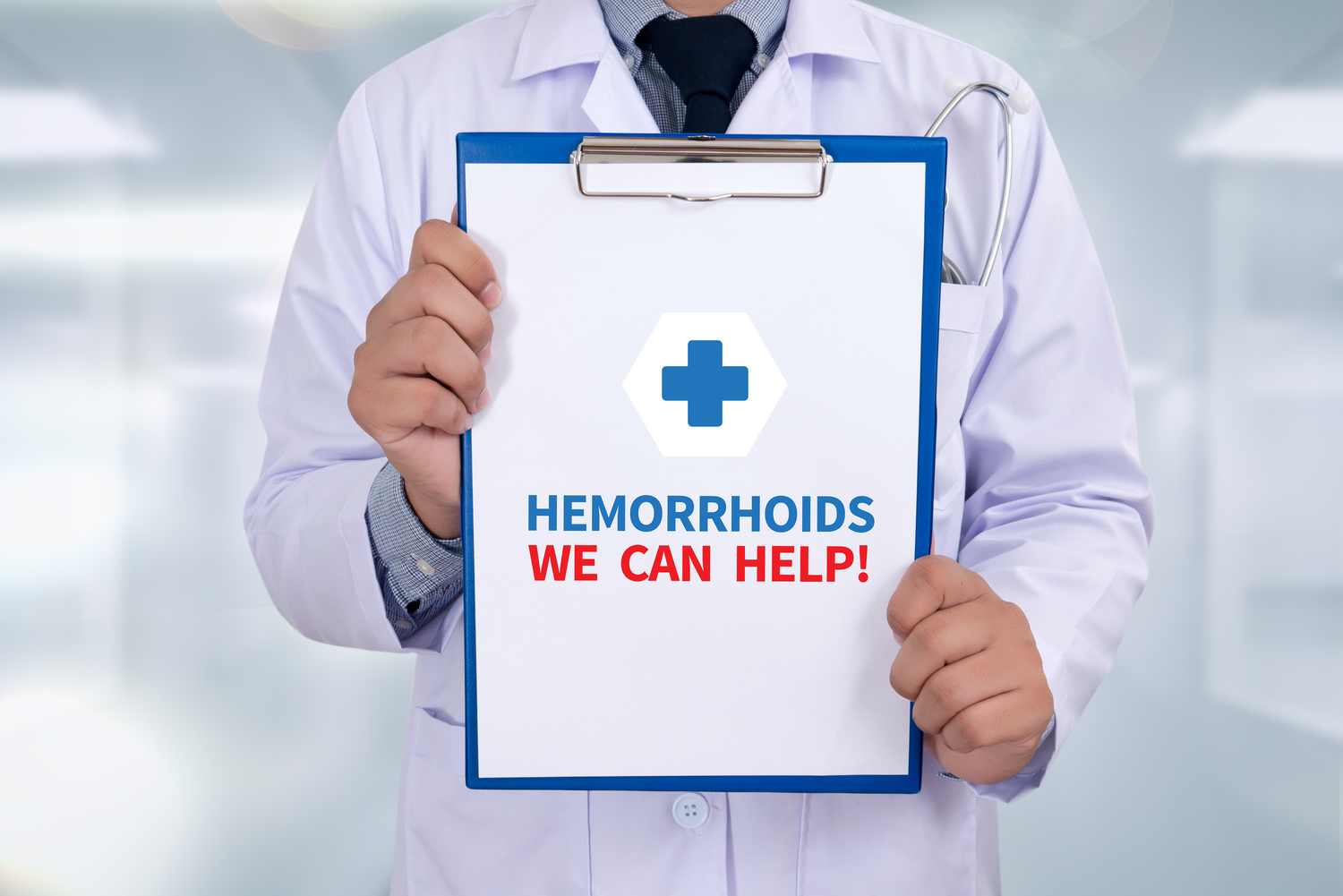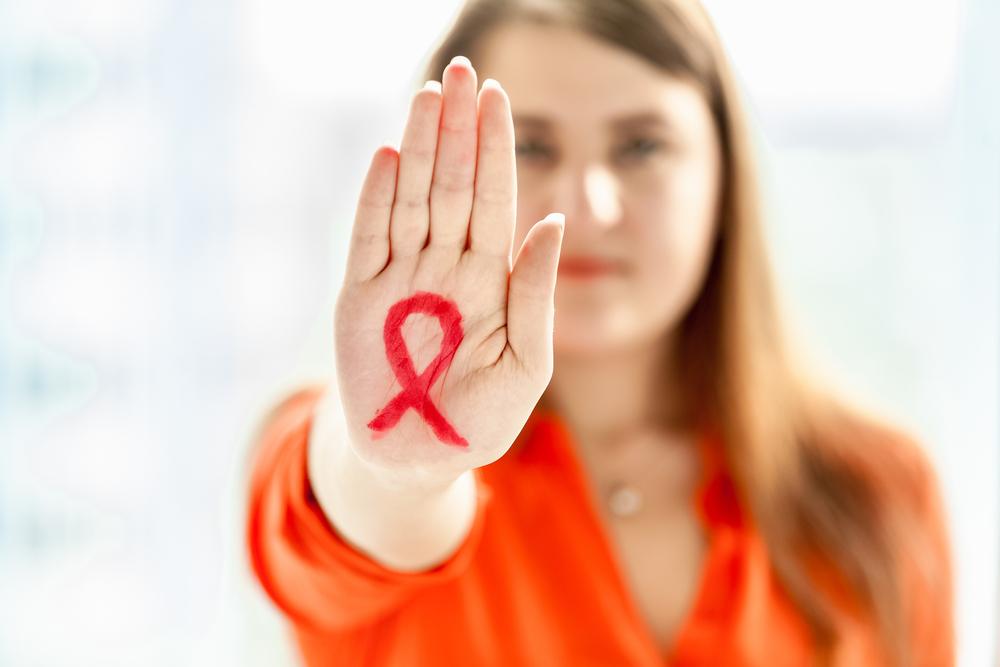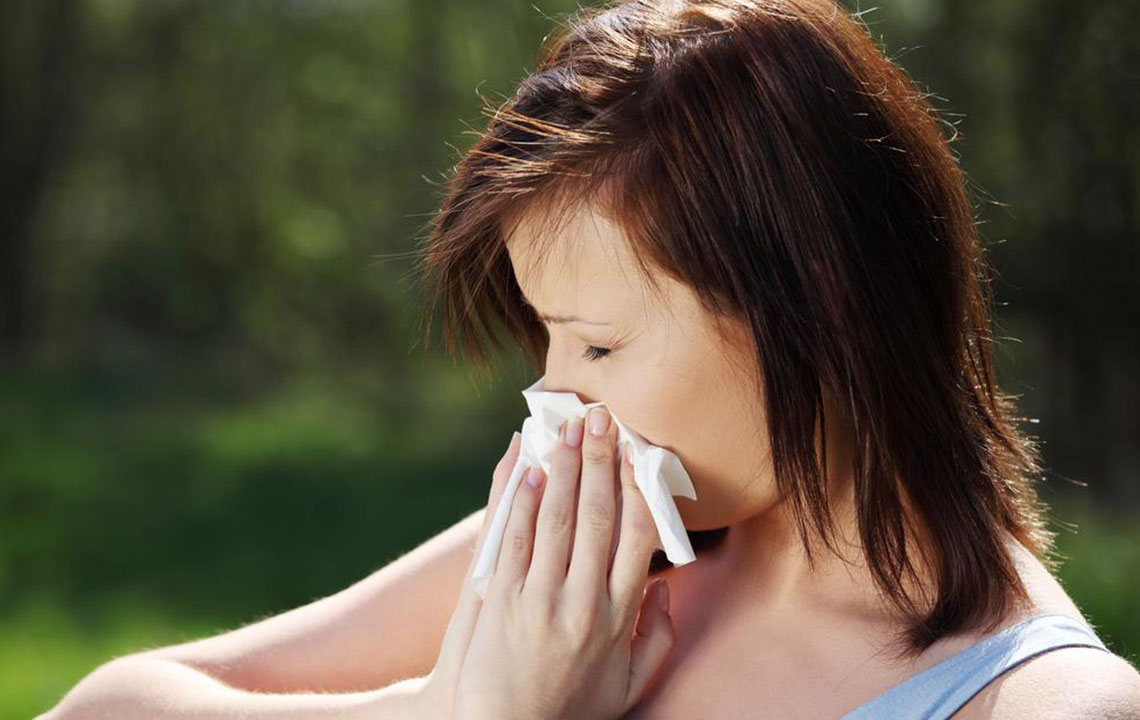Effective Ways to Reduce Neck Swelling and Lymph Node Enlargement
Learn simple and effective remedies to reduce swollen lymph nodes in the neck. This guide covers causes, symptoms, and natural treatments including homeopathic, herbal, and nutritional approaches to support your immune health and alleviate discomfort.
Sponsored

Simple Strategies to Alleviate Neck Lymph Node Swelling
Lymph nodes, small glandular structures about the size of a pea, are scattered throughout the body. These nodes are key components of the lymphatic system, transporting lymph fluid, nutrients, and waste products between tissues and the blood. When these glands enlarge, they become noticeable and may be felt under the skin. The neck area commonly exhibits swollen lymph nodes, which can grow to the size of a marble or larger. These lumps are usually palpable, especially when swollen.
The lymphatic system plays a vital role in immune defense by filtering harmful entities like viruses and bacteria from the body. Swollen lymph nodes often indicate infection or other underlying health issues. They are frequently found alone or in clusters around the neck, underarms, or groin areas.
Common Causes of Neck Lymph Node Swelling
Infections, injuries, or tumors near or within the lymph nodes can cause swelling. Nodes close to infection sites often enlarge temporarily and may become tender, returning to normal as the infection resolves, which can take a few weeks. Viral infections like influenza, chickenpox, or mononucleosis can cause widespread lymph node swelling, affecting multiple regions. Symptoms include sore throat, body fatigue, fever, and skin issues.
Neck lumps may result from throat infections, tonsillitis, or dental problems.
Back head swelling can be due to scalp conditions or lice.
Armpit swelling often results from skin infections.
Leg or genital infections can lead to groin lymph node swelling.
Above-collarbone lumps may stem from infections or tumors in the chest or abdomen.
In rarer cases, persistent swelling may signal conditions like lymphoma or breast cancer, necessitating medical evaluation. Persistent or enlarging lumps should be examined by healthcare professionals to rule out serious issues.
Symptoms Associated with Swollen Lymph Nodes
Detectable lumps
Swelling, redness, and warmth over the affected area
Pain or tenderness upon touch
Associated infection signs like sore throat, cough, fever, fatigue, and chills
Approaches to Managing Neck Lymph Node Swelling
Addressing the root cause is essential. Bacterial infections are typically treated with antibiotics, while viral infections often resolve naturally. If swelling persists beyond two weeks, a biopsy may be recommended to exclude malignancy. It’s important to consult a healthcare provider if the nodes don’t return to normal or grow larger.
Even after treatment, lymph nodes can remain firm or swollen temporarily, especially in children. These signs often resolve with time.
Homeopathic Treatment Options
Homeopathy offers an effective approach for swollen lymph glands. Remedies such as Belladonna, Calcarea, Kali Muriaticum, Iodine, Mercurius Solubilis, Ferrumphosphoricum, Natrummuriaticum, Silica, Fluorine, Bromine, and mother tinctures support lymphatic health and immune response. Consulting a qualified homeopath ensures personalized care based on specific symptoms.
Herbal Solutions
Herbs like garlic possess anti-inflammatory and antibacterial properties that help combat infections and boost immunity. Other helpful herbs include ginger, olive leaf, fenugreek, peppermint, licorice root, echinacea, and turmeric, which aid in reducing swelling and supporting recovery.
Vitamins and Minerals for Immune Support
Vital nutrients such as Vitamin C, B12, Zinc, Selenium, Vitamin A, Vitamin D3, fish oil, and probiotics strengthen the immune system and promote lymphatic health. Proper nutrition helps the body fight infections and maintain gland health.






